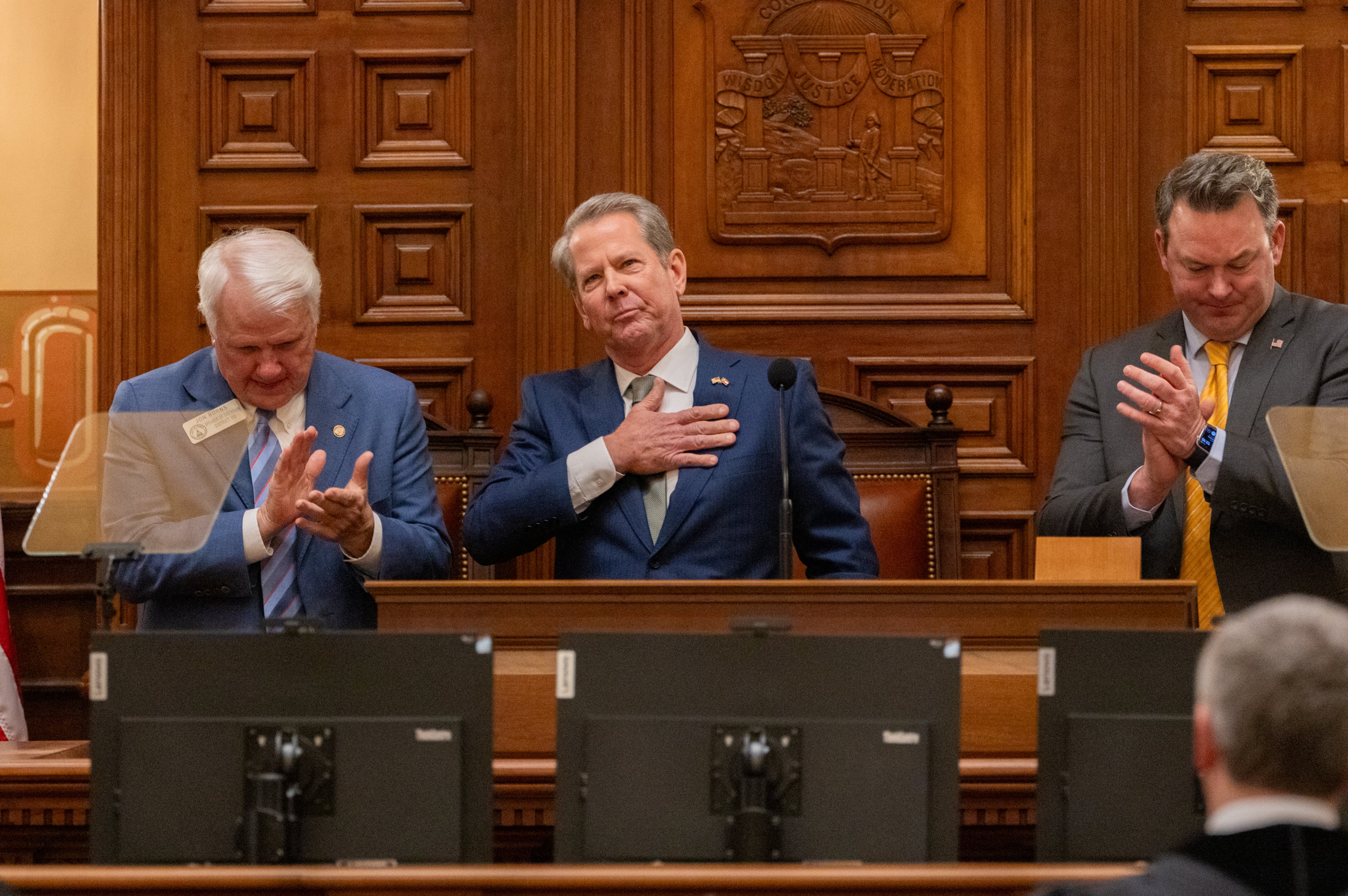Georgia among leaders in overhauling criminal justice system
Decades of tough-on-crime policies and the War on Drugs helped swell the nation’s prison populations. High recidivism rates and strained budgets pushed states to look at changes, and some conservative Southern states have led the charge.
In Georgia, Gov. Nathan Deal made overhauling the criminal justice system his top priority during his first term in office. The first phase allowed Georgia to divert more nonviolent offenders toward alternative programs and away from expensive prison beds. A second phase involved an effort to do the same for young offenders who have been convicted of some drug crimes and other lower-level crimes.
Deal last year launched a third phase that focuses on improving ways to rehabilitate inmates who are serving prison sentences and ease their transition as they re-enter society. He’s poured millions more into education programs at state prisons, and he sold it to skeptical lawmakers as a moral imperative.
With more than three years left in office, Deal is positioning the package of changes as his legacy, and he’s promised more — if less sweeping — efforts to come. In February, for instance, he signed an executive order that no longer requires most job applicants seeking state jobs to disclose prior criminal convictions.
Deal’s office said in a statement Monday that the changes could form the backbone of a national model that is “saving tax dollars and getting better outcomes for former offenders and our communities.”



